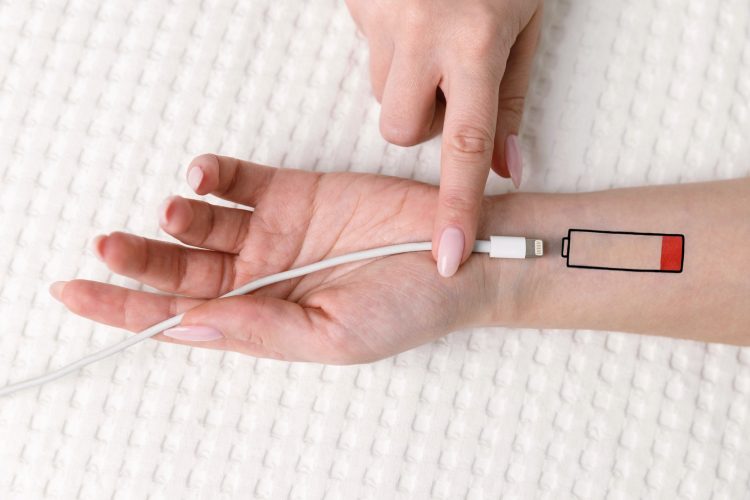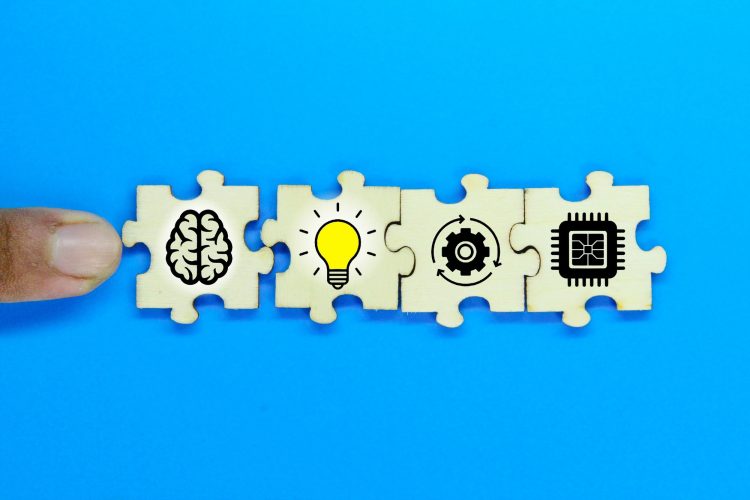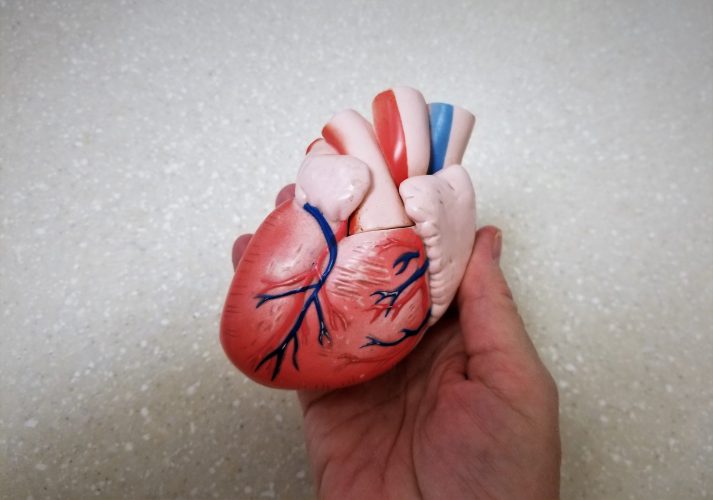The purpose of sleep is still largely unknown.
However, it is commonly acknowledged that there is more than one reason why humans need to sleep. It’s probably required for a variety of biological reasons.

Scientists have discovered that sleep benefits the body in a variety of ways.
The most popular theories and justifications are listed below.
Energy conservation

We require sleep to conserve energy, according to the energy conservation theory. Sleeping allows us to lessen our caloric needs by allowing us to operate on a slower metabolism for a portion of the day.
Cellular restoration
Another hypothesis, known as the restorative theory, claims that the body requires sleep to heal.

Sleep is thought to allow cells to repair and regenerate. Many key activities that occur during sleep assist this, including muscle repair, protein synthesis, tissue growth, and hormone release.
Brain function
According to the brain plasticity idea, sleep is necessary for brain function. It permits your neurons, or nerve cells, to restructure specifically.

Many elements of brain function are affected by sleep, including learning, memory, problem-solving skills, and creativity.
Emotional well-being

Sleep is also crucial for emotional well-being. Brain activity in areas that regulate emotion rises during sleep, promoting optimal brain function and emotional stability.
The amygdala, striatum, hippocampus, insula, and medial prefrontal cortex are all areas of the brain where sleep enhances activity.
Weight maintenance

Sleep influences weight through regulating hunger hormones. Ghrelin, which promotes hunger, and leptin, which improves the feeling of being full after eating, are two of these hormones.

According to recent studies, chronic sleep deprivation, even as little as five nights of interrupted sleep, is linked to an increased risk of obesity, metabolic syndrome, type 2 diabetes, and depression.
Insulin function is optimal.

Insulin is a hormone that aids the utilization of glucose (sugar) by your cells. Insulin resistance, on the other hand, occurs when your cells do not respond to insulin adequately.

High blood glucose levels and, eventually, type 2 diabetes can result from this.
Immunity

Sleep is essential for a healthy and powerful immune system. Sleep deprivation has been shown to suppress the immune system and make the body more susceptible to infections, according to research.
Heart health

While the exact causes are unknown, scientists believe that sleep is beneficial to heart health.
This is due to the association between poor sleep and heart disease.





